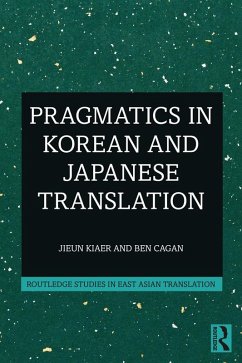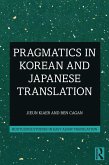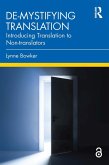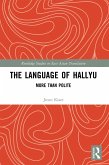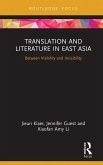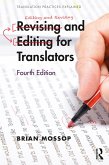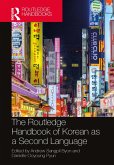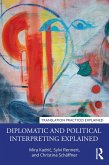This book offers an analysis of translations in Japanese and Korean of Harry Potter and the Philosopher's Stone and The Hobbit, or There and Back Again to show how the translated versions crystallise the translators' interpretations of relationships in the way characters address one another. This book discusses fan translations of Korean and Japanese to English of various popular media, observing that the emotional meanings easily lost when translating in this direction are often deemed important enough to warrant the insertion of additional explanatory material. The book additionally discusses the role of fan translation in the construction of international online communities and a heightened communal commentary on translation. Western translation commentary has historically lacked sufficient emphasis on translation to and from East Asian languages, and these case studies help to address a problem of central importance to translation to and from languages that encode interpersonal dynamics in dramatically different ways to English.
This book will be of interest to students and researchers in translation studies, particularly in Korean and Japanese translation. The book will also appeal to students and researchers of the Korean and Japanese languages.
Dieser Download kann aus rechtlichen Gründen nur mit Rechnungsadresse in A, B, BG, CY, CZ, D, DK, EW, E, FIN, F, GR, HR, H, IRL, I, LT, L, LR, M, NL, PL, P, R, S, SLO, SK ausgeliefert werden.
Young-mee Yu Cho, Associate Professor of Korean Language and Culture, Rutgers University
"Pragmatics in Korean and Japanese Translation is a fantastic addition to works on translation studies. Currently, there is a growing interest in Korean and Japanese pop culture, and a thirst for understanding the meanings that end up lost in translation. Translation culture has changed dramatically over the last few decades, with more and more ordinary people getting involved in and questioning translations. This book demonstrates the dynamic nature of translation. Such topics have been heavily explored in Eurocentric areas, but this book contains fascinating and novel evidence from Japan and Korea. I strongly recommended this book not only to scholars of Asian studies but to scholars in wider translation studies as well."
Mee-Jeong Park, PhD, Associate Professor and Chair, East Asian Languages and Literatures, University of Hawaii at Manoa

